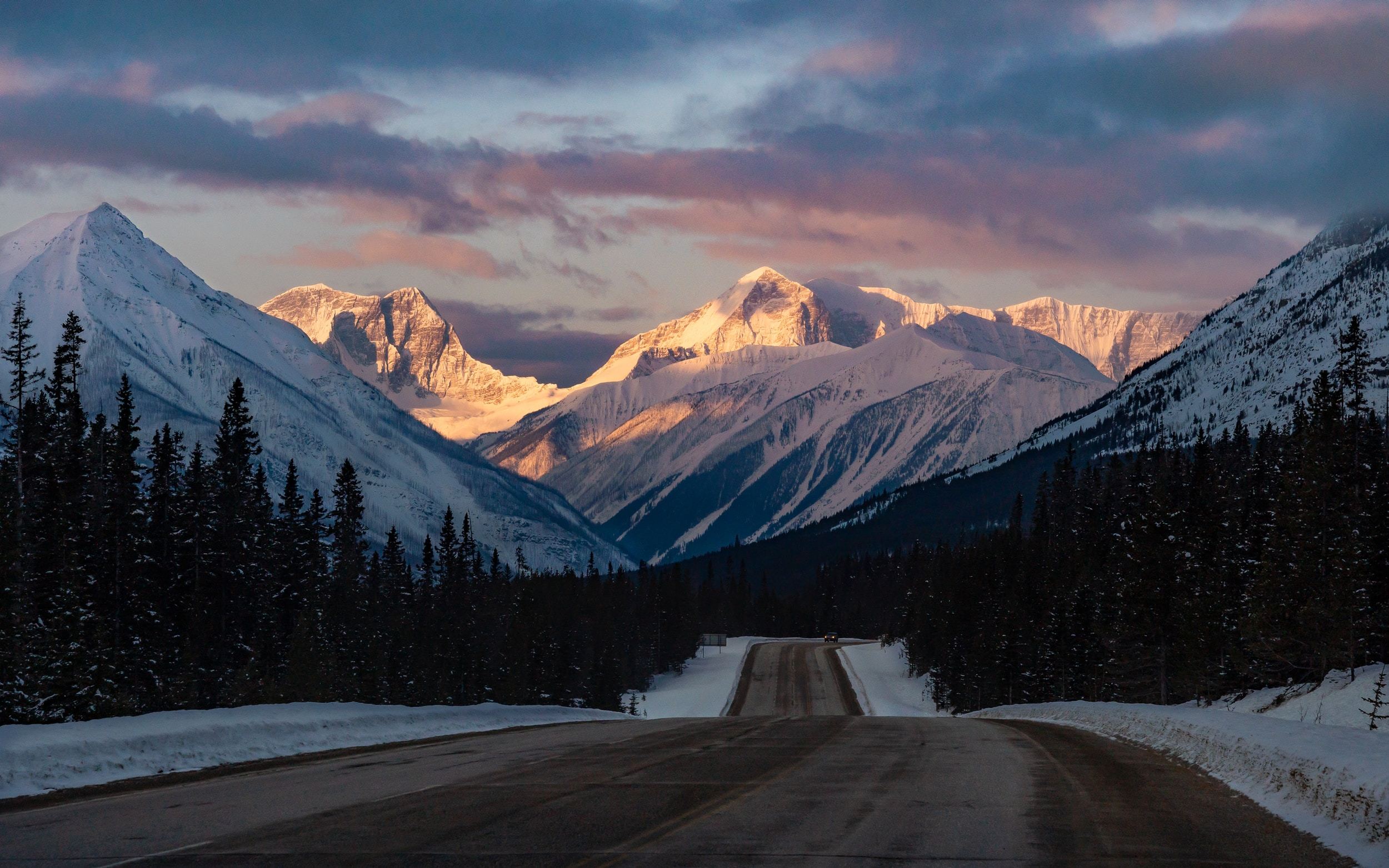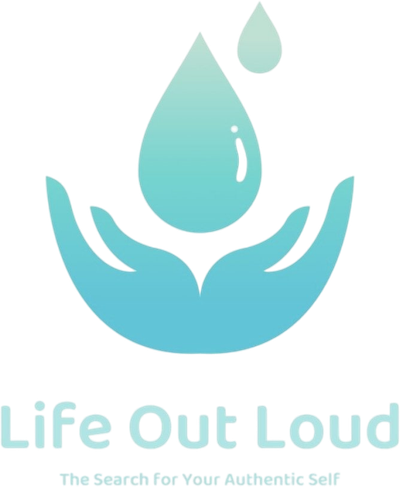A Different Memorial Day
Throughout most of my life I took my mother to the cemetery every Memorial Day to visit with her parents and grandfather. It is just a tradition we upheld, a duty to respect those who were now gone, as it were. We also stopped by her sister's grave, my brother-in-law's (veteran) parents, her best friend and husband’s site, and my father's sister, my uncle (a veteran), and my cousins, placing flowers where needed. We spoke of my father, a veteran, my aunts who were veterans, my grandfather who had fought in WWI, my great uncle Jimmy, a casualty of WWII, and her brother, a veteran of Vietnam, while we passed his wife's gravesite.
Those who stood up for what they believed in even if was not popular before discourse was the fodder of social media bickering. Those who fought for freedom for people who were not allowed to be heard, especially without the trumpet of war or political chess games. Those who were not given a choice but to carry the ideals of the American way of life, yet who continued for the moral honor in doing so when nobody was there to carry the load with them. Those who carried laundry and growing children instead of rifles and packs. Those who didn't drive a tank onto a battlefield, but drove their children to school, or ambulances into the inner city, squad cars to protect and to serve, and buses, taxis, subways, jetliners, tractors, trucks, and trains.
I mean to not take away from the memory or sacrifice of those lost in war (the actual and important purpose of today's US holiday) but I wonder if we might consider a "Memorial Day" for those who remained at home and persevered. Those who did what they could in the shadows of others who made the ultimate sacrifice, never to return or unable to continue the lives they began. A day for those who worked in the factories making tanks and planes and weapons and ammunition, also leaving their families to fend for themselves as they bravely accepted the duty before them. Those who drove our economy to record highs, or remained in small businesses when things got tough, protecting early capitalism that funded the backbone of our nation, independent of where that may have lead us to today.

Those who did not have platoons, but rather neighbors, communities and churches. Those who did not have war plans, but rather intuition and experience to persevere through dark times. Those who walked the streets during air raid alerts to be sure windows were dark. Those who wrote letters of support and sent care packages to the ones deployed. Those who expanded our thinking with art and literature and music and dissertations that helped realize the diversity freedom must include and the responsibility we have to protect it even when the battlefields are clear of wounded heroes.
Those who were not cowards in the face of adversity or change or who stood up boldly to what they saw as nothing short of criminal. Those who found cures and medical advancements, and created world-changing technology that both improved and challenged our existence. Those who ran for office and public service or joined the peace corp or started charities. And yes...those who did al of that but would be left out of history books, celebrations, plaques, memorials, and parades simply by the color of their skin.
Collectively, with those in uniform, they gave us reason to endure, believe, fight, grow, explore, accomplish, and uphold the principles of democracy not only through the tragedy of war, but also through the hope of life without conflict. Our country (U.S.) has much to thank the warrior in their fight for freedom, but inevitably much to thank those who maintained our freedoms here at home in families, businesses, farms, schools, hospitals, and public service to be sure there was something worth fighting for. I choose to include them today as we seek to pay respects to those who gave their lives for the good of their country, by choice or by circumstance.
Sadly, both here and elsewhere, some must continue to do so still today. For those outside of the U.S., there are likely parallels to be drawn. In the end, the identity of a nation remains in the collective...or so it most certainly should.
